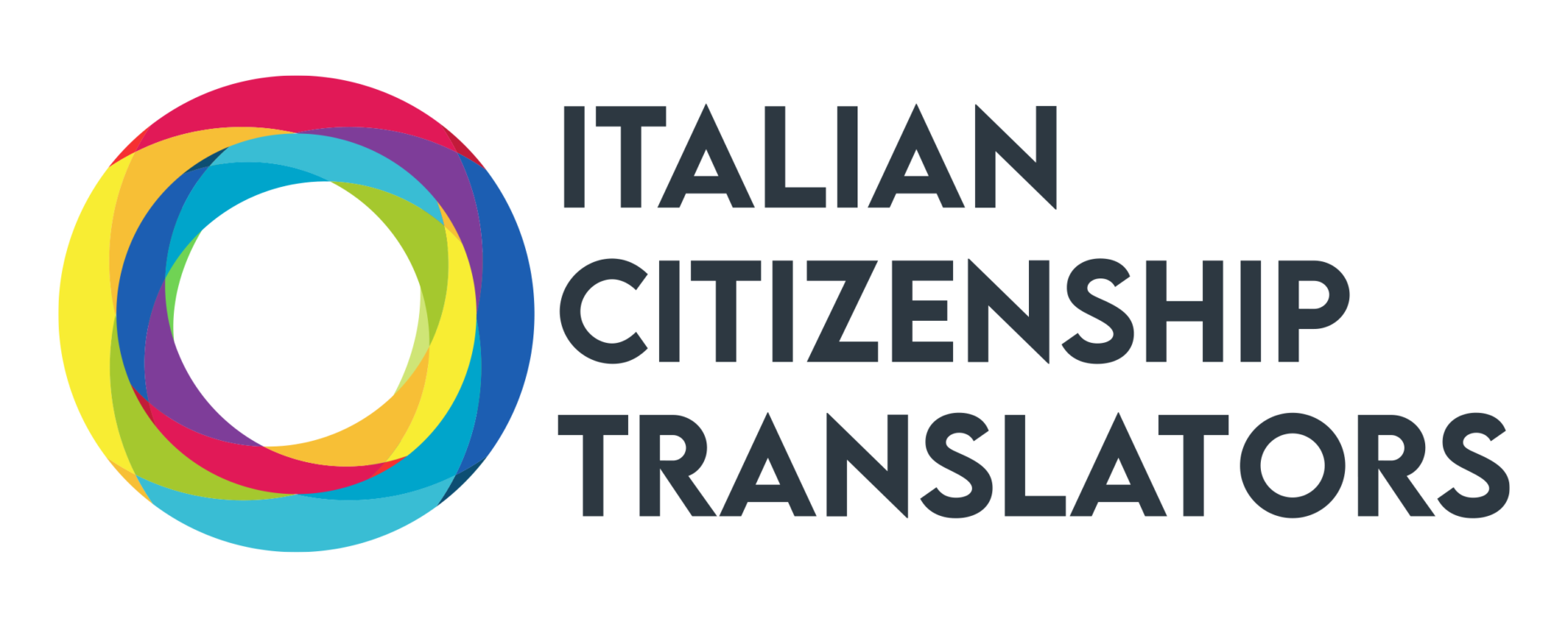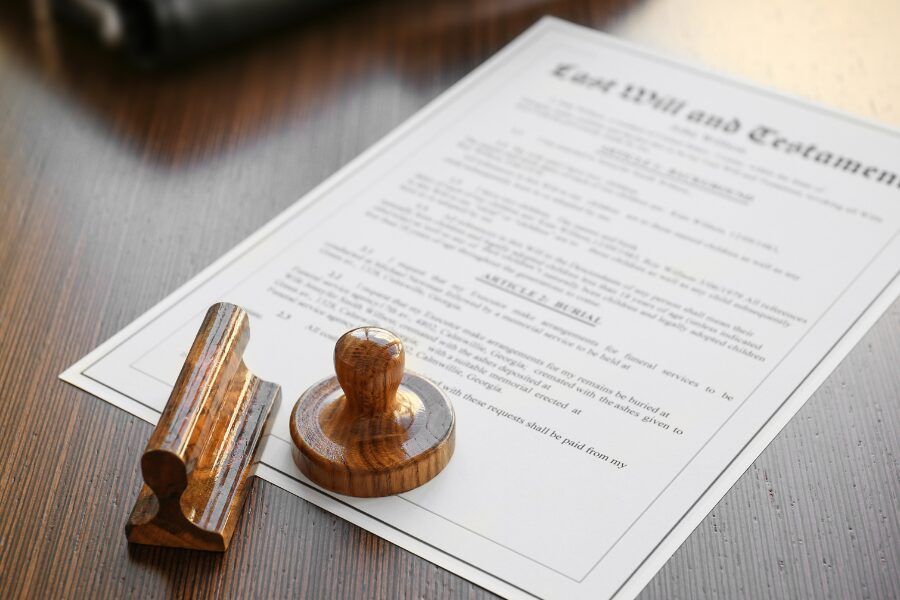The translation of documents and vital records is fundamental in the Italian citizenship application process, and a successful outcome will depend on the accuracy of the translation of your documents into Italian. This feature will explore what documents need to be translated as part of an application for Italian citizenship and will also highlight the importance of hiring a professional translator to ensure that the translations are accurate and meet the requirements needed to make an application.
What are the documents that need to be translated into Italian?
The documents required will vary...
Linguistic History of the Italian Language
This exciting segment will explore the history of the Italian language, from its antiquity’s origins to its modern form. The Italian language is known worldwide as a romance language; as, in fact, it is! Deriving from Latin spoken at the time of the Roman Empire. The Italian language is known as an expressive language, its rich and melodic tones make it a language synonymous with beauty; lending itself so perfectly to all art forms that need to capture and convey beauty. Opera being the classic example!
Italian language: history and origins
Latin was the official language during the Roman Empire....
Translation: What are the most frequently asked questions?
The translation of documents and vital records is fundamental in an Italian citizenship application. This segment will provide answers to some of the most frequently asked questions in relation to the subject, and shed light on the importance of translation and the role of a translator in the citizenship application process.
What translations are needed for an application?
Once an individual has determined eligibility, and the route through which they must apply: Italian citizenship by descent (iure sanguinis), through marriage (iure matrimonii), or naturalization, they will need to retrieve...
How Do I Secure Decades-old Records That Need to be Translated?
Retrieving the required documents and vital records is an essential step when preparing an application for Italian citizenship. In this segment, we cover some key aspects relating to the process of securing decades-old records that require translation for your dual citizenship application.
The procedure to collate translations for an Italian citizenship application can vary and depends on the route: whether administrative or judicial, and if you are making the application at an Italian municipality, an Italian consulate abroad, or filing a case at court through what is known as a 1948 case....
Passing Down Italian Citizenship to Adopted Children: Required Documents and Translations
If you have Italian ancestry and qualify for citizenship—or if you already have Italian citizenship—and you have adopted child(ren), you might be wondering if you can pass on citizenship to them. The short answer is yes, though the process to go about it differs depending on a few different circumstances. In this article, we outline what those are, and what documents and translations you will need to acquire.
What is jure sanguinis?
Italian citizenship by descent follows “jure sanguinis”, or “right of blood.” What makes Italy unique compared to most other countries is that there is no generational...
The Digital Nomad Visa: A New Path to Italy
As of February 29, 2024, Italy has entered into effect the digital nomad visa, designed to allow those who work remotely to stay in the country for longer than the usual 90-day period for non-EU citizens. (EU citizens, on the other hand, do not need any visa). In the below article, we’ve outlined everything you need to know about this visa, as well as which documents you’ll need to acquire for your application.
Who is a digital nomad?
In reality, the visa specifies between two categories: freelancers (“digital nomads”) and employees of a company who work remotely (“remote workers”). Regardless,...
Applying for Citizenship at the Consulate vs. in Italy
If you have an ancestor who was born in Italy, you might qualify for Italian citizenship by descent, particularly if the ancestor never naturalized. With no generational limit (so long as the ancestor was alive after 1861, when Italy became a country) and relatively flexible citizenship laws, this is an inviting option for many people. The two main ways of applying for citizenship are via an Italian consulate in your country of residence or directly in Italy at a municipality. How do these processes differ, and how might your choice affect which documents and translations you need? In this article,...







